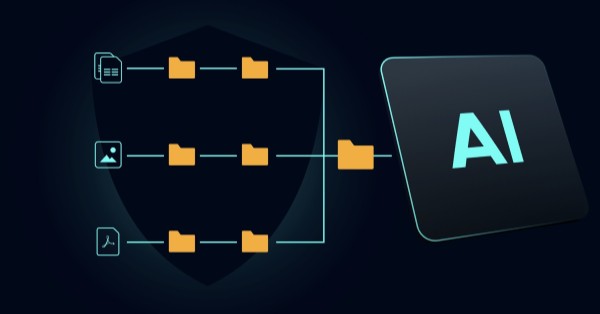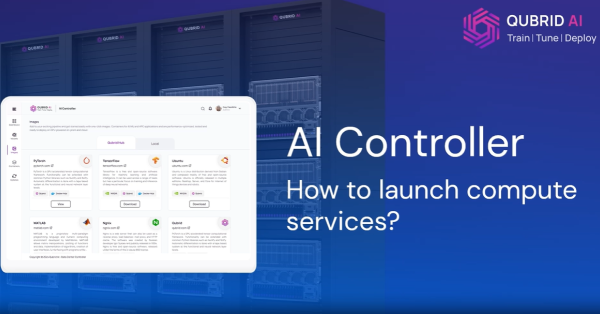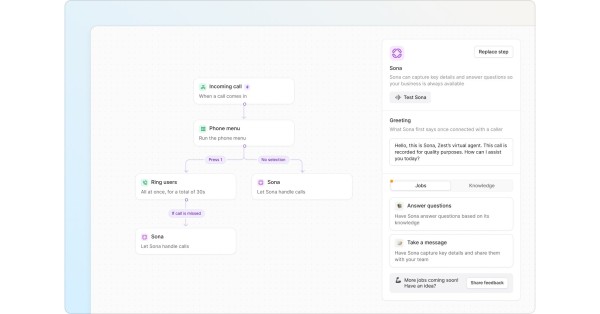As we advance further into the digital age, the evolution of mobile technology continues to reshape our daily lives. From the early days of simple call and text functionalities to today’s multifaceted smart devices, mobile phones have transformed into central hubs of personal and professional activities. However, with great technological power comes great responsibility—specifically, the responsibility to protect the wealth of personal and sensitive data these devices hold.
The Digital Shift: Why Mobile Security Matters More Than Ever
The transformation of mobile phones into smart devices has been nothing short of revolutionary. Initially designed for communication, modern smartphones now serve as personal assistants, entertainment centers, digital wallets, and much more. This shift from physical tools to digital powerhouses significantly increases the value of what we carry in our pockets. The data stored on these devices—ranging from personal photos and contacts to sensitive financial information—makes them prime targets for cyber threats and physical theft.
Consider the evolution of mobile gaming and health-tracking applications. These platforms not only store mundane data but also gather sensitive biometric data and financial details through in-app purchases. The expansion of functionalities further blurs the lines between personal computing and mobile usage, magnifying the need for robust security measures.
Comprehensive Mobile Security: Beyond Physical Device Protection
Given the central role smartphones play in our lives, ensuring their security is more critical than ever. Traditional protection plans that cover physical damage like cracked screens or hardware malfunctions are no longer sufficient. Today’s mobile protection needs to be holistic, covering not only physical damage but also data integrity and security.
One key aspect of modern mobile protection is the safeguarding against digital threats. Cybersecurity measures such as data encryption, secure authentication, and real-time threat monitoring are essential to protect against data breaches and hacking attempts. Furthermore, services that help manage and recover lost or stolen devices not only add a layer of physical security but also help protect the data contained within from unauthorized access.
Moreover, the integration of cloud-based backup solutions provides a safety net for data recovery, ensuring that users can restore their personal information even if the device is irreparably damaged or lost. This multifaceted approach to mobile protection increasingly reflects the complex interdependencies of modern mobile usage.
AI and Advanced Tech: The Next Frontier in Mobile Security
Artificial Intelligence (AI) is set to play a pivotal role in the future of mobile security. AI can analyze patterns to detect anomalies that may indicate a security breach, offer personalized security protocols, and automate responses to security threats. Moreover, AI integration allows for more sophisticated biometric securities, such as facial recognition and fingerprint scanning, providing a more secure and user-friendly way to lock and unlock our devices.
Further advancements in AI could lead to predictive security measures, where AI not only responds to potential threats but anticipates them based on user behavior and widespread cybersecurity trends. This proactive approach could significantly diminish the window of opportunity for cybercriminals.
Protecting Digital Identity as a Core Pillar of Mobile Security
As our reliance on digital devices grows, so does the importance of protecting our digital identities. A compromised device can mean more than just financial loss—it can lead to identity theft and significant personal disruption. Modern mobile protection services are increasingly incorporating identity theft prevention and recovery services, ensuring that users can maintain control over their personal information even in the event of a device compromise.
With the proliferation of online transactions and social media, each mobile device acts as a gateway to potentially thousands of sensitive interactions that could expose users to identity theft. Services that monitor and alert users to suspicious activities play a crucial role in preemptive security strategies.
How the Mobile Security Industry Is Evolving in 2025
The mobile protection industry has made strides in adapting to these new challenges. Innovations in protection plans now often include features like remote data wipe, location tracking for lost devices, and even specialized insurance policies covering digital data loss. Companies like Square Trade and Allstate Protection Plans are leading the way, offering services that address both the physical and digital aspects of mobile protection.
These innovations underscore a broader industry trend towards integrating IoT security strategies, where the interconnected nature of devices is considered in developing advanced protection plans.
The Biggest Challenges Facing Mobile Security Today
Despite these advancements, the industry faces ongoing challenges, particularly around the integration of these services. Seamless collaboration between hardware manufacturers, software developers, service providers, and insurance companies is necessary to develop comprehensive protection solutions that are both effective and user-friendly.
Another significant challenge is public awareness and education. Many users are unaware of the risks associated with insufficient mobile protection or the advanced features available in modern protection plans. Increasing awareness and understanding through education can help users take full advantage of the protections available, thereby enhancing the overall security of personal and professional data.
Safeguarding Our Digital Lives
As mobile devices continue to evolve into ever more essential components of our daily lives, the importance of comprehensive protection plans cannot be overstated. Safeguarding these devices means protecting not just a piece of hardware, but the entirety of our digital lives. The future of mobile protection lies in the ability to adapt to the changing landscape of digital threats and to offer services that meet the complex needs of modern users. With continued innovation and cooperation across industries, we can look forward to a future where our mobile devices—and the valuable data they contain—are fully protected against an ever-evolving array of threats.



























